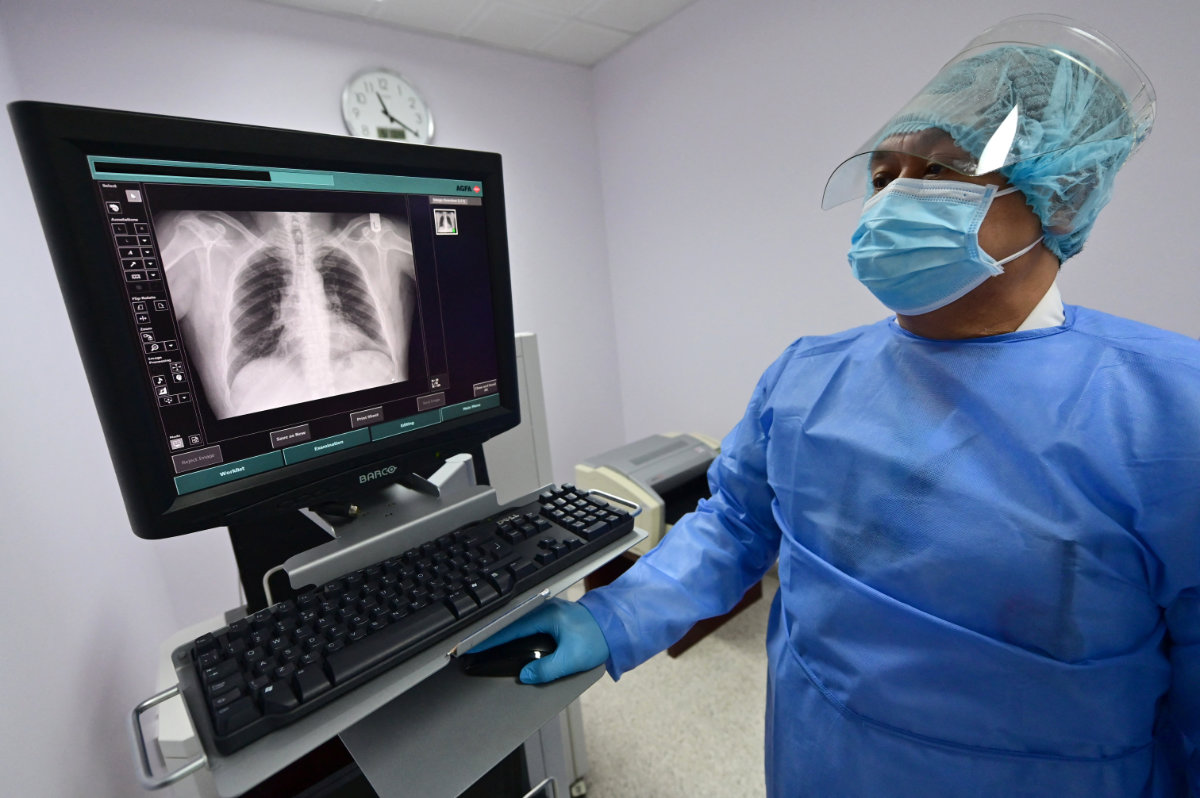DUBAI: The events of the past year have underscored the urgent need for quality healthcare services as well as innovative solutions. In 2020 alone, 351 digital health startups across the world attracted a combined $13.8 billion in investment, almost double the amount in either 2018 or 2019, according to an estimate by MobiHealthNews.
Among them was Dubai-headquartered Okadoc, a physician-booking platform that landed $10 million in Series A funding to expand into new GCC markets.
Vezeeta, which allows patients to find and access medical services across 50 cities, attracted $40 million in fresh capital.
 Bahrain-based Saaya Health aims to bring affordable, culturally relevant mental health solutions to GCC consumers.
Bahrain-based Saaya Health aims to bring affordable, culturally relevant mental health solutions to GCC consumers.
The move follows its significant success in the B2B space, where it has employee assistance agreements with pharmaceuticals leader Bayer and cosmetics major L’Oreal.
“Access to good-quality and culturally appropriate mental health support is rare in this market, including corporate mental health and employee assistance programs,” company founder Sarmad Ahmad said.
“There was — and sometimes still is — a stigma around the words ‘mental health.’ The coronavirus pandemic has really put our emotions in sharp focus as we have all had had time for introspection. As people look to improve their relationships, their habits, tackle stress and improve performance at work, the demand is rising for good-quality counsellors and therapists.”
Saaya Health’s services are delivered online in seven countries, with 52 therapists providing counselling in 12 languages, including Arabic, French, Pashto, Malayalam, Hausa and Swahili. With its corporate partnerships, the company offers digital mental health services to more than 700,000 individuals.
“Our long-term goal is to be an impact unicorn, serving a billion people globally. Bahrain, with its strong digital infrastructure, will serve as our base to launch a three-year plan to reach at least 5 million people across the MENA region.”

Maria Lagbes, a Filipino doctor who joined the Women Responders team, leaves the ambulance service headquarters after receiving an emergency call on July 13, 2017, in Dubai. (AFP)
The urge to help a friend can sometimes spark the idea for a new business venture. That was the case with medical device company ProvenMed, whose founders Amine Staali and Souheil Guessoum built an innovative adult urinary incontinence device that is already helping thousands of people across 10 different markets.
Over 200 million people worldwide suffer from the condition. Launched in 2019, ProvenMed’s flagship device, ActviGo, is a reusable and washable system-integrated urinary external catheter for male incontinence management. It eliminates the need for diapers and condom catheters, allowing patients to manage their condition hygienically and discreetly.
The company, based in Abu Dhabi’s HUB71, also produces non-invasive reusable male external catheters, breathable undergarments, leakproof urine collection bags and portable bidets.
ProvenMed launched an online store in 2019 to bypass coronavirus-linked distribution issues, offering worldwide delivery. A winner of August’s Dubai Smartpreneur 5.0 competition, the business now wants to expand into Asia and Europe as well as develop similar incontinence solutions for women, children with bedwetting problems, people with special needs and the military.

A doctor examines an inmate's X-ray at the medical center of Dubai's Al-Awir central prison amid the COVID-19 pandemic. (AFP file photo)
One product in development is a smart device that monitors illnesses remotely and shares data with urologists.
Jordan’s Carers is a mobile platform that enables households to find and access vetted in-home nurses, physiotherapists and childcare specialists. In the process, it creates new jobs for certified care-givers.
The app was named best healthcare solution in 2019 December’s UCAN Awards at the Sharjah Entrepreneurship Festival, a $250,000 contest that recognizes regional entrepreneurs who have created high-impact solutions for the post-COVID-19 world.
“Many people faced the same struggle — how do you trust a stranger or ascertain the right quality of care and experience?” founder Raad Al-Kalha said.
Personal experience inspired Al-Kalha to launch the app in Amman in 2018, starting with 35 care-givers and two services.
“We have expanded our offering to include nursing visits, physiotherapy and blood tests and have a network of 300 care-givers who have provided more than 28,000 hours of care, created 5,000 job opportunities, and achieved 300 percent year-on-year growth from 2019-20,” he said.
















